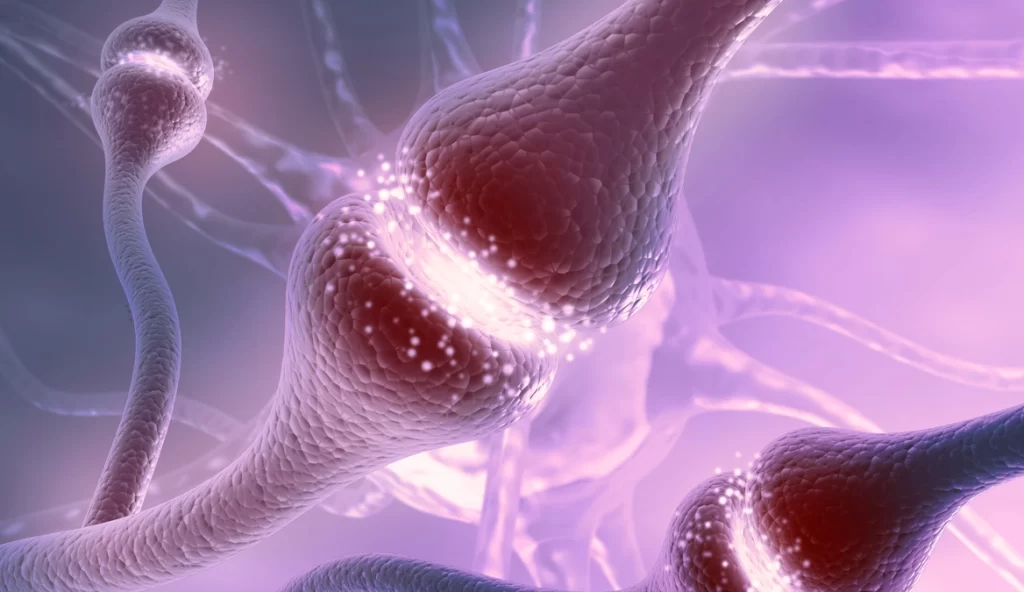Do you need help remembering things or learning new concepts? If so, it could be related to the hippocampus. Located in the temporal lobe of your brain, the hippocampus is a seahorse-shaped structure responsible for processing memories and forming new ones. In recent decades, studies have shown that its role goes even further – with implications for learning capacity and cognitive functions such as goals and plans. In this blog post, we’ll explore the key findings from research into how the hippocampus plays a vital part in memory and learning processes within our brains—from recognition to recall and consolidation. Get ready to take an insightful journey into neuroscience!
Definition of Hippocampus
The hippocampus is a curved-shaped structure located within the medial temporal lobe region of the brain. It has evolved throughout evolutionary history to facilitate navigation, memory formation and retrieval, and several cognitive tasks.
Overview of Hippocampus Functions
The hippocampus serves many important functions in the brain, primarily related to memory formation, retrieval, and learning processes. Specifically, it helps form new memories by encoding information from short-term memory into long-term memory; it also helps recall memories through a process called recollection (or “retrieval”). In addition to its role in memory formation and retrieval, the hippocampus is also involved in spatial navigation, emotional regulation, and cognitive flexibility.
Anatomy and Structure of the Hippocampus
Location within the Brain
The hippocampus is located within the medial temporal lobe region of the brain, just beneath the cortex. It is nestled in a groove on the floor of each lateral ventricle and connected to several other parts of the brain by nerve fibers (axons).
Parts of the Hippocampus
The hippocampus consists of three main parts:
- An inner core (or “cornu ammonia”).
- An outer layer (or “molecular layer”).
- A surrounding area that contains interneurons (nerve cells).
Each part serves specific functions, depending on its location within the hippocampus.
The Role of the Hippocampus in Memory Formation and Recollection
Role in Short-term Memory Formation
The hippocampus is a key player in forming and retrieving short-term memory. Information that enters the hippocampus from the neocortex is stored in an unstable form and then moved to other brain regions. It is stored for longer periods as a more permanent type of memory. Research suggests that the hippocampus has multiple roles within learning and memory, including extracting information from contextual cues, consolidating memories into long-term storage, connecting sensory experiences with emotions, and allowing for flexible, reality-based decision-making. Although the exact mechanisms by which short-term memories are formed remain unclear, research indicates that the hippocampus plays a central role in their formation.
Role in Long-term Memory Formation
The hippocampus is also involved in transforming information from short-term memory into long-term memories, which requires more complex connections between nerve cells (neurons) throughout the brain. This process, called consolidation, helps memories become “fixed” and encoded into longer-lasting forms.
Role in Recollection (Retrieval) of Memories
The hippocampus is also responsible for retrieving memories stored in other parts of the brain. This process, called recollection or retrieval, helps us access memories and use them to make decisions in our daily lives.
The Role of the Hippocampus in Learning and Cognitive Functioning
Formation and Retrieval of Spatial Memories
The hippocampus forms spatial memories that allow us to create mental maps of our environment. It also helps retrieve these spatial memories when navigating unfamiliar locations or recalling information about a particular area.
Regulation of Emotional Responses
The hippocampus is also responsible for regulating emotional responses, helping us distinguish between threatening and safe situations by accessing stored memories associated with those emotions. By recognizing patterns of behavior based on past experiences, the hippocampus helps us respond appropriately and make decisions based on our learned emotions.
Promotion of Cognitive Flexibility and Creativity
The hippocampus also promotes cognitive flexibility and creativity by helping us recall memories associated with new experiences or ideas. This process allows us to draw upon past knowledge to form creative solutions when solving problems or making decisions.
Conclusion
The hippocampus is critical for consolidating long-term memories and seems involved in spatial memory and navigation. Additionally, research suggests that the hippocampus may play a role in different types of learning, such as pattern separation, wherein the brain encodes two similar experiences as special events. Given its importance in many processes related to cognition, it is not surprising that damage to the hippocampus can have far-reaching effects on an individual’s function in daily life. Future research will continue to explore the numerous roles of this fascinating structure and unlock additional secrets about its contributions to memory and learning.
References
Fogwe, L. A., Reddy, V., & Mesfin, F. B. (2022, July 18). Neuroanatomy, Hippocampus. Nih.gov; StatPearls Publishing. https://www.ncbi.nlm.nih.gov/books/NBK482171/


